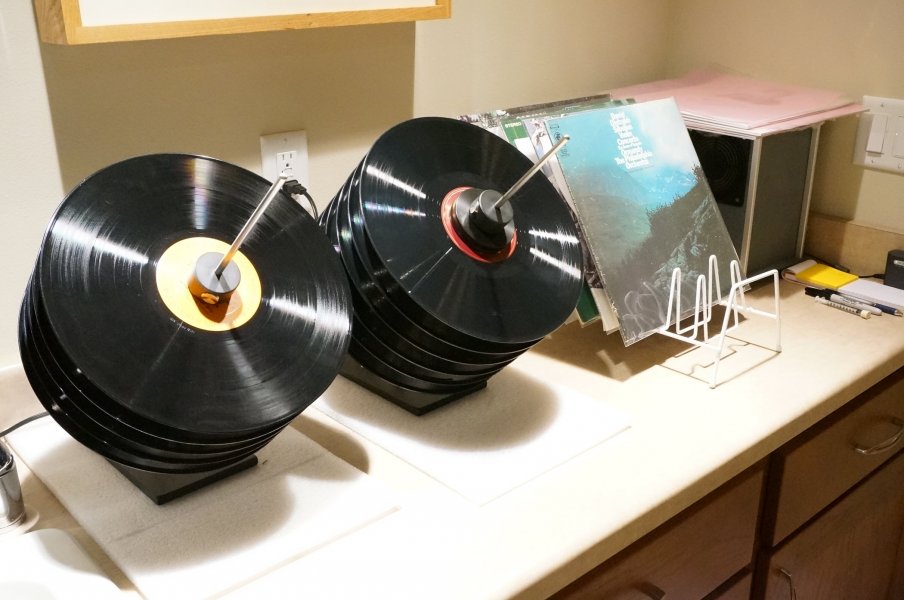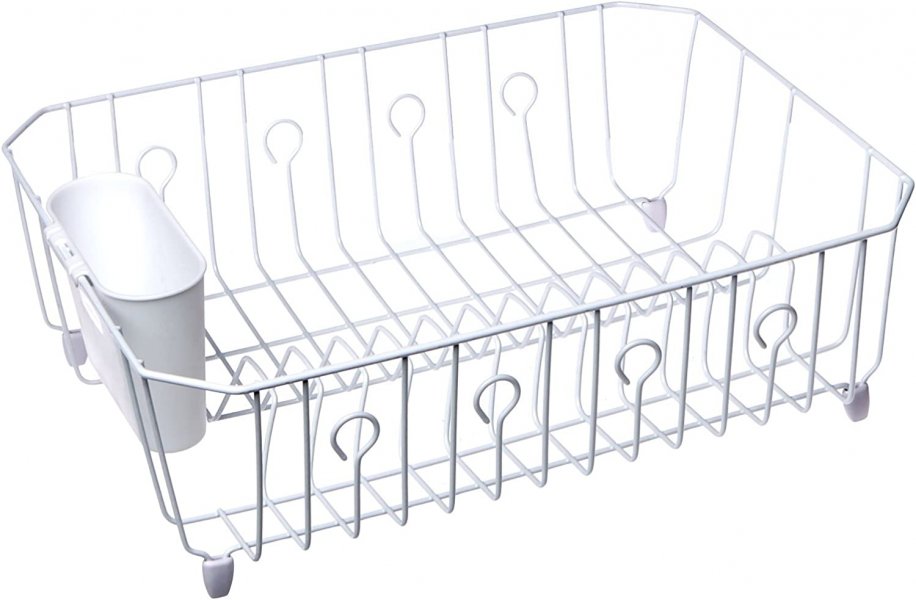At the risk of this sounding like a silly question....
I have a VPI record cleaner. My question is this... how long should I be waiting after I vacuum off the fluids, before playing the record?
The record appears to be dry after the vacuuming has been completed... but I wonder if there may be still moisture deep down in the grooves that I cannot see?
If there is, then I wonder if the friction of the stylus going thru the grooves creates enough heat that the moisture would somehow damage the grooves and the recorded information therein?
Because of these thoughts of mine, I tend to clean my records, then set them aside and listen to them later than night or the next day.
Wondering what thoughts you might have about this... Ideally, I would really like to listen to them right off the RCM, but I don't want to damage these great records.
Best wishes,
Don
I have a VPI record cleaner. My question is this... how long should I be waiting after I vacuum off the fluids, before playing the record?
The record appears to be dry after the vacuuming has been completed... but I wonder if there may be still moisture deep down in the grooves that I cannot see?
If there is, then I wonder if the friction of the stylus going thru the grooves creates enough heat that the moisture would somehow damage the grooves and the recorded information therein?
Because of these thoughts of mine, I tend to clean my records, then set them aside and listen to them later than night or the next day.
Wondering what thoughts you might have about this... Ideally, I would really like to listen to them right off the RCM, but I don't want to damage these great records.
Best wishes,
Don









